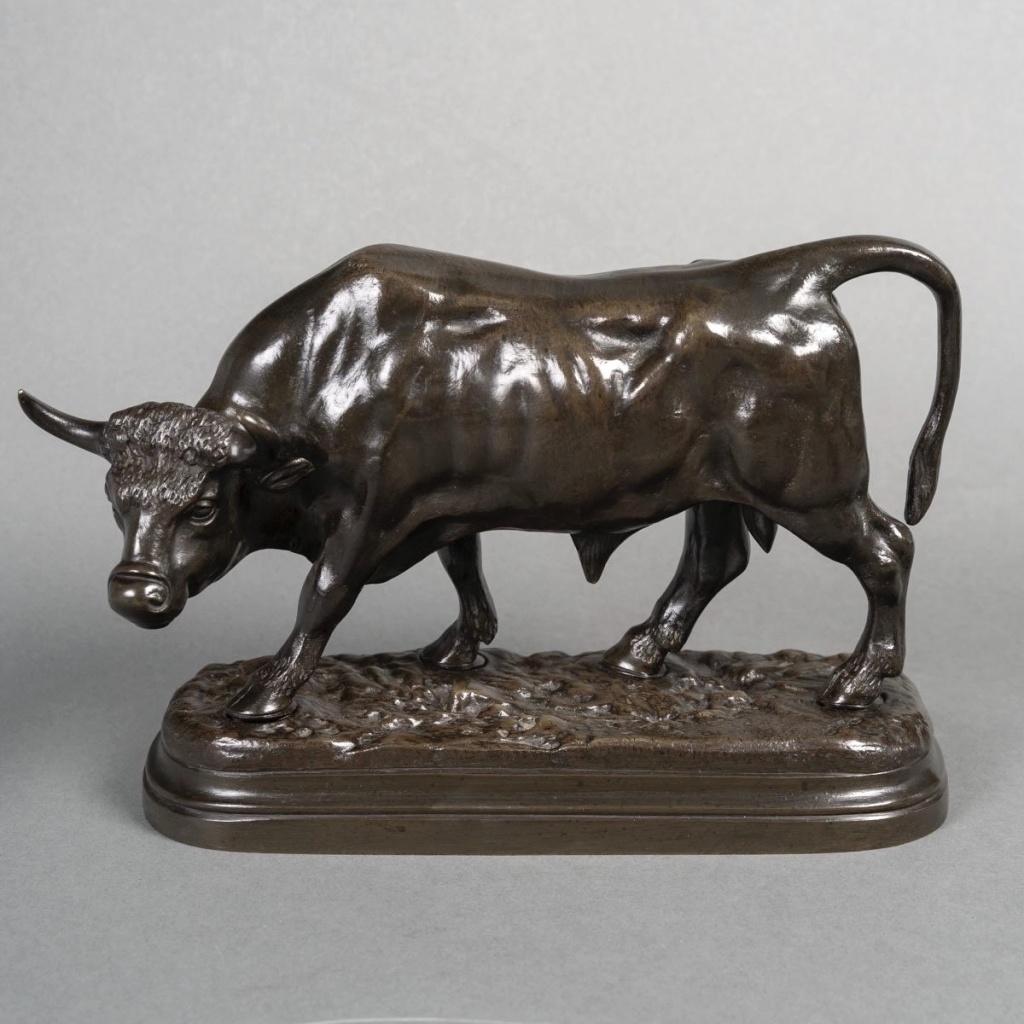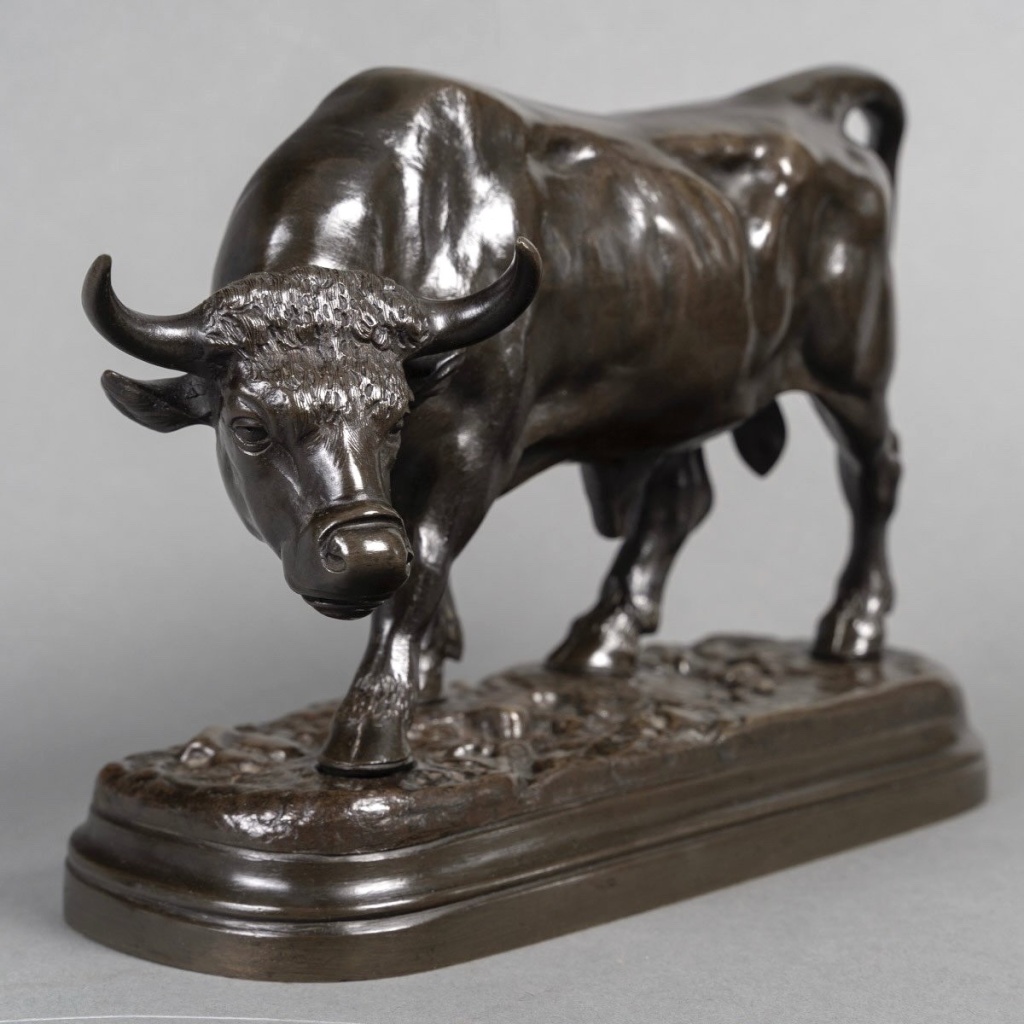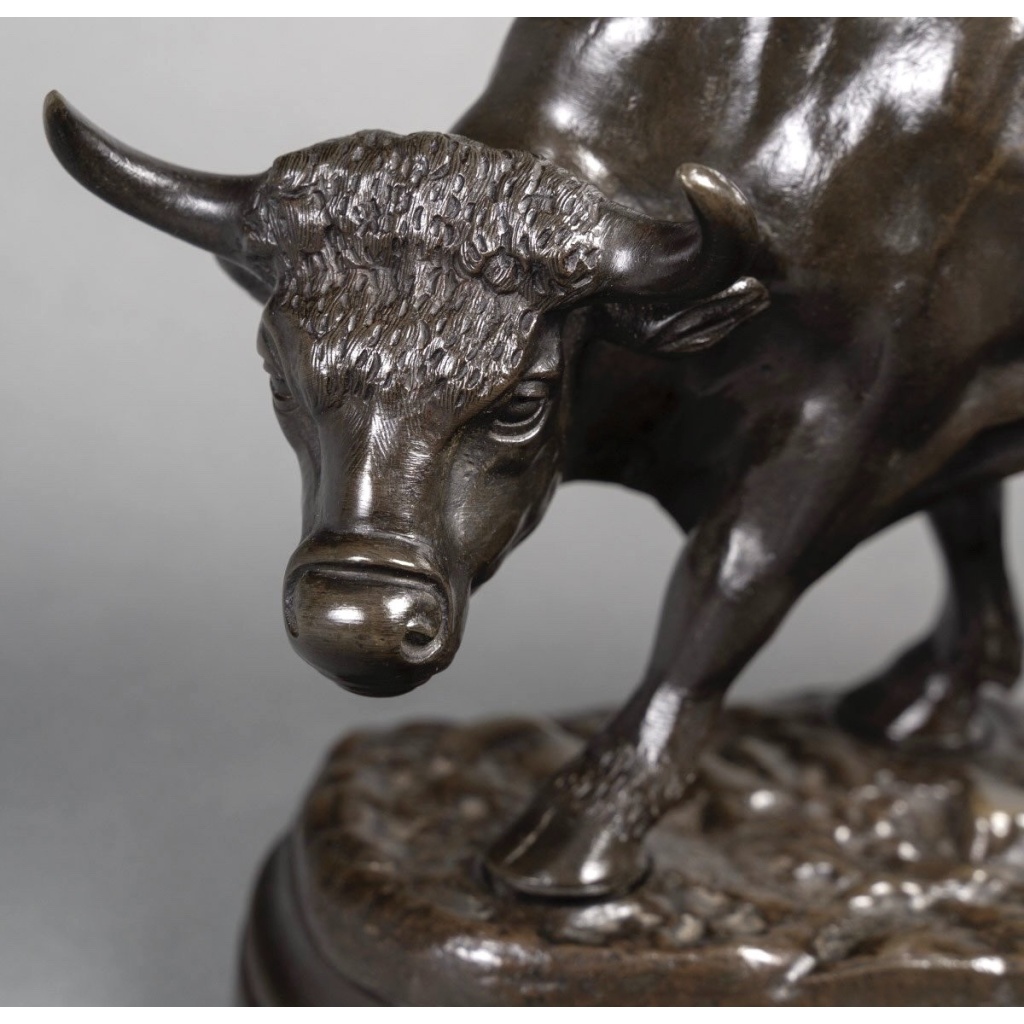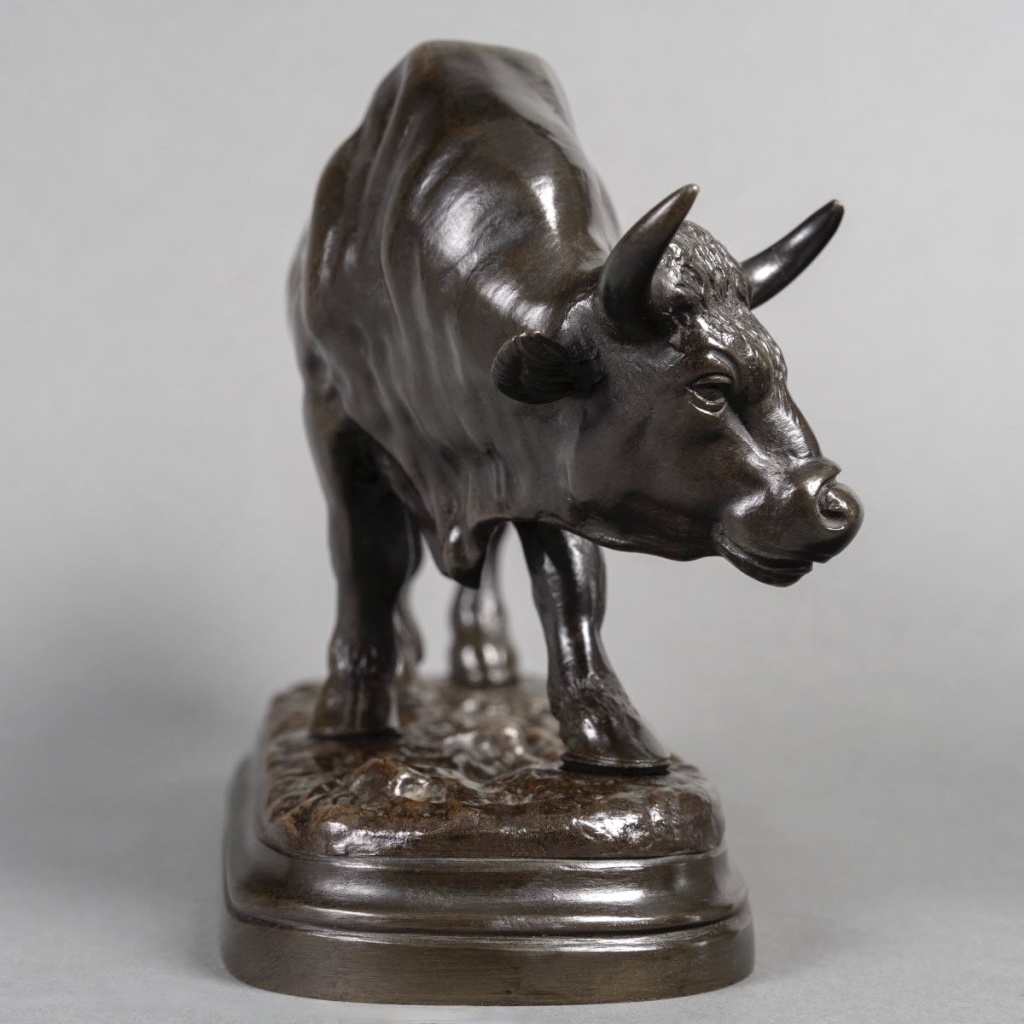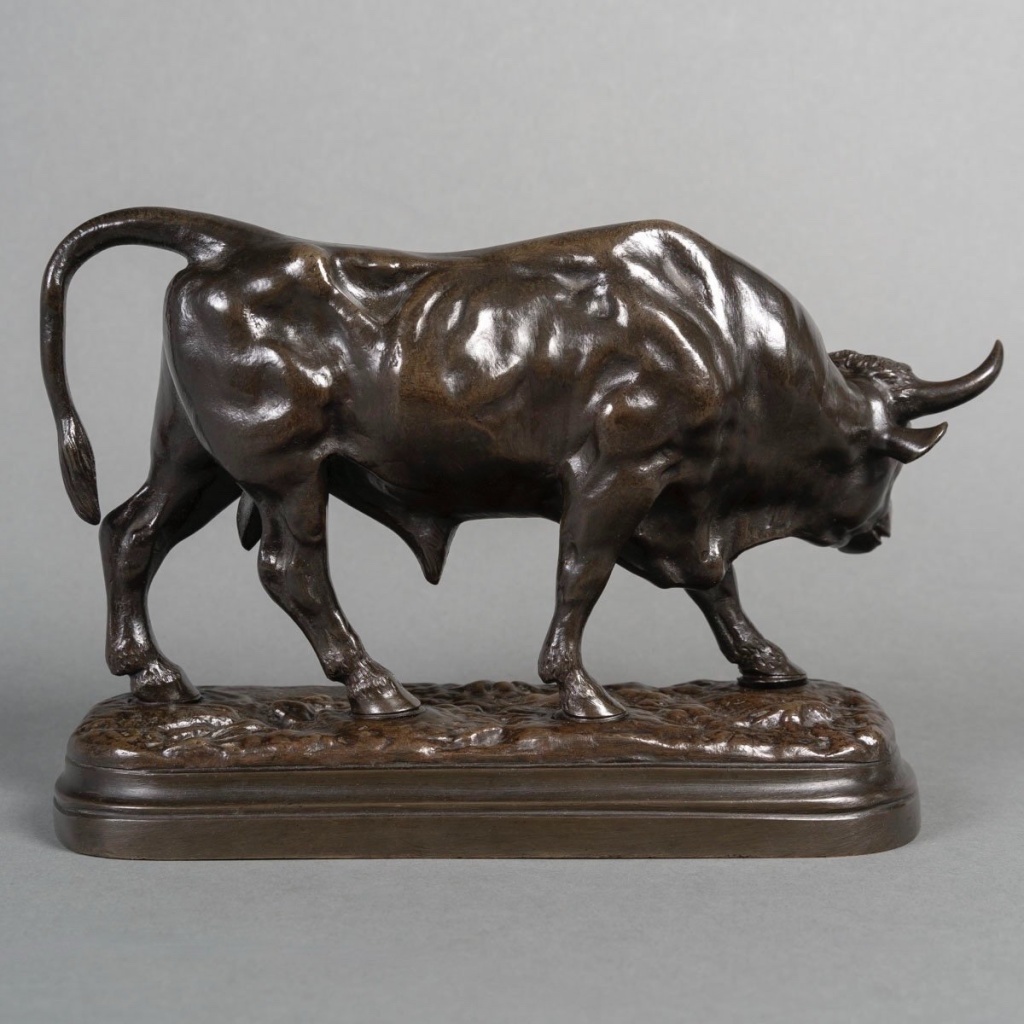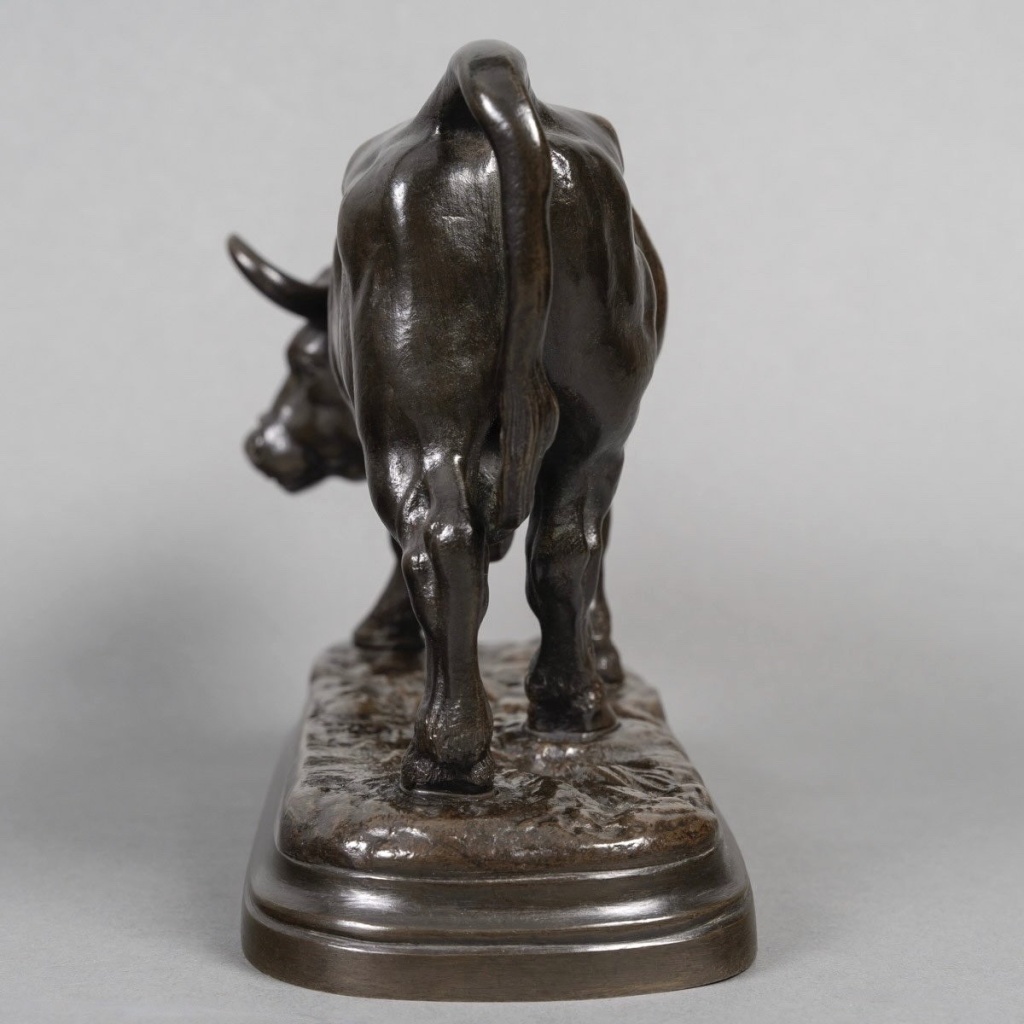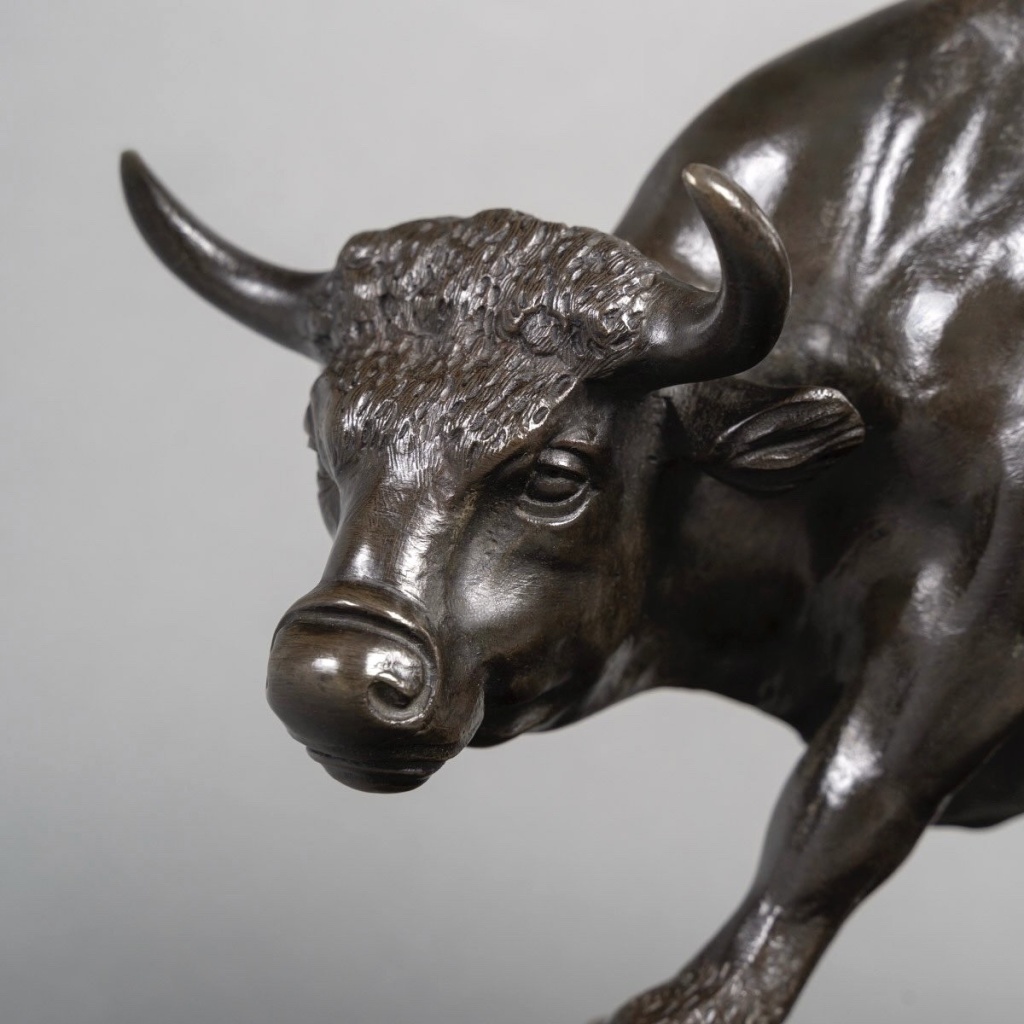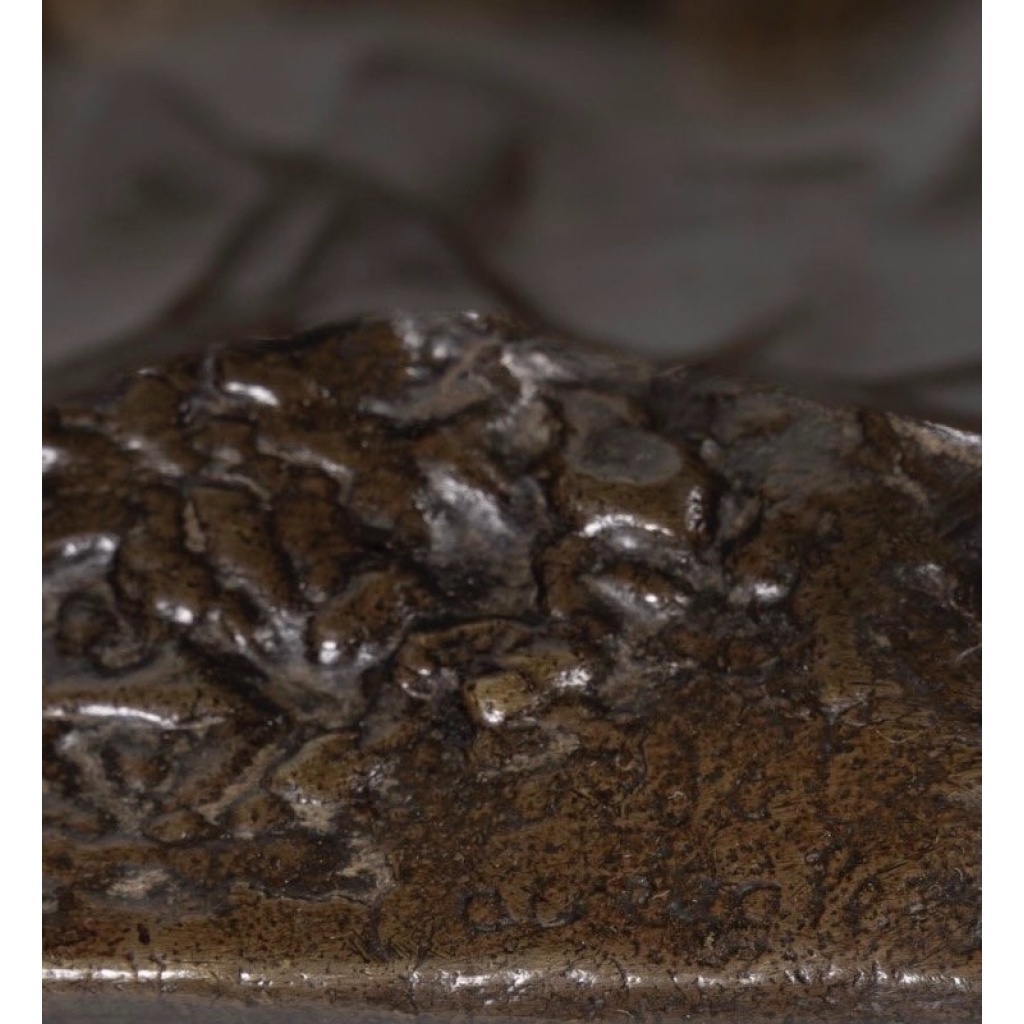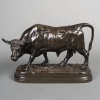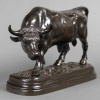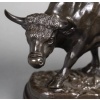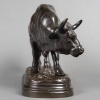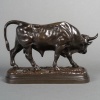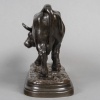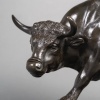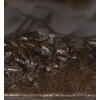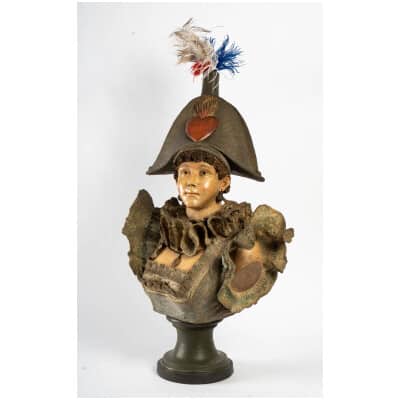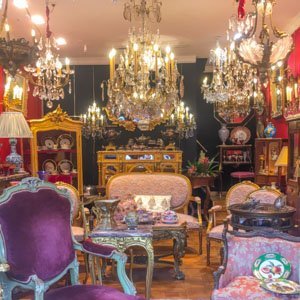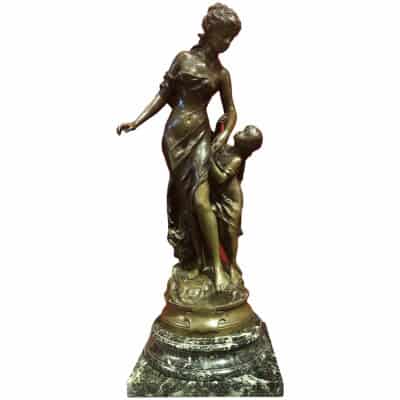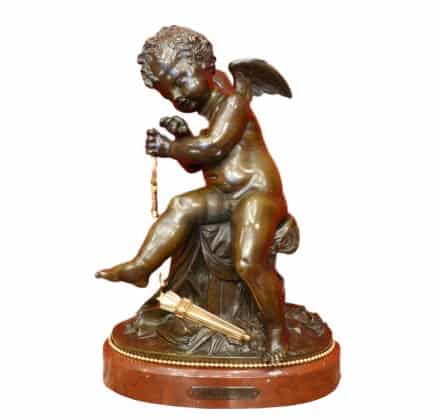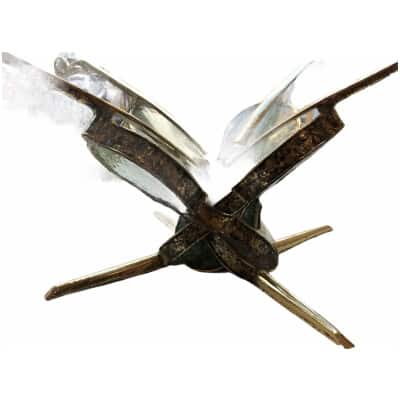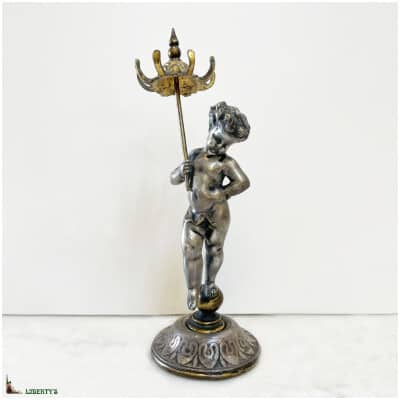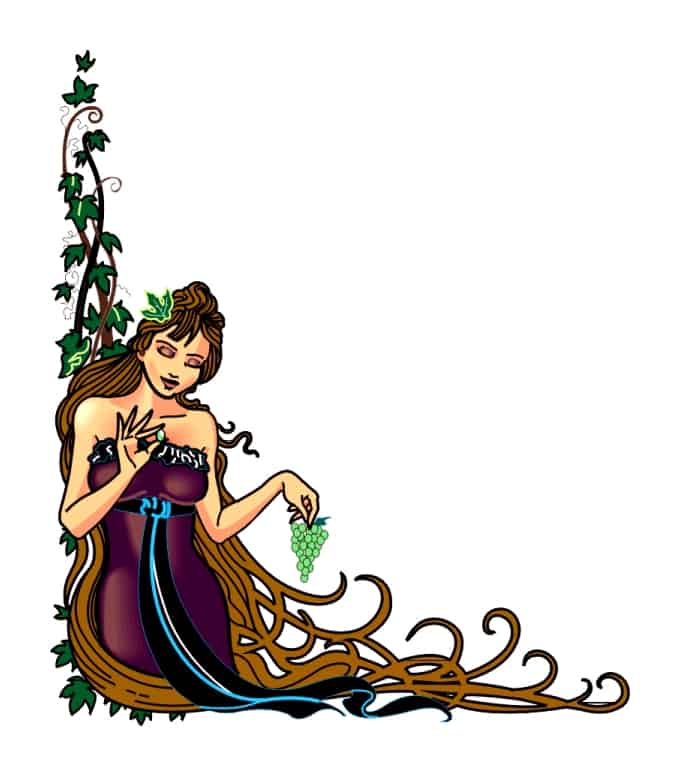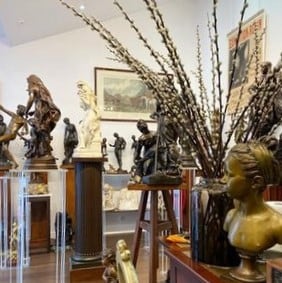
CaTaLogUE Des PucEs
Sculpture – Taureau Debout , Louis Vidal (1831-1892) – Bronze
Disponibilité :
EN STOCK€1.900,00
Épreuve en bronze à patine brune , figurant un taureau debout , par le sculpteur Louis Vidal (1831-1892) .
Cette sculpture est une oeuvre majeure de l’artiste , elle fut réaliser par Louis Vidal étant aveugle .
Célèbre sculpteur animalier , Louis Vidal , dit « Vidal l’aveugle » , ou encore « Vidal-Navatel » , était mal-voyant dès son plus jeune âge , avant de devenir aveugle vers 1853 , il remplaca alors la vue par le toucher pour modeler ses sculptures .
Bronze reposant sur une terrasse naturaliste portant la signature du sculpteur « Vidal (aveugle) » .
Sculpture d’édition ancienne , période seconde partie du XIX ème siècle .
Parfait état de conservation et de patine .
Dimensions : 16 cm x 22.2 cm
Bronze proof with brown patina , representing a standing bull , by the sculptor Louis Vidal (1831-1892) .
This sculpture is a major work of the artist , it was made by Louis Vidal being blind .
Famous animal sculptor , Louis Vidal , known as « Vidal the blind » , or « Vidal-Navatel » , was visually impaired from a very young age , before becoming blind around 1853 , he then replaced sight with touch to model his sculptures .
Bronze resting on a naturalist terrace bearing the sculptor’s signature .
Sculpture of old edition , period second part of the 19th century .
Perfect state of conservation and patina .
Dimensions : 16 cm x 22.2 cm

Louis Vidal (1831-1892)
Louis Vidal , dit « Vidal l’aveugle » ou encore « Vidal-Navatel » est un célèbre sculpteur animalier français .
Né le 6 décembre 1831 à Nîmes , il grandit dans une famille d’artistes , ayant pour beau-père le peintre « Alexandre Colin » qui a épousé sa mère en secondes noces et pour demi-frère Paul-Alfred Colin .
Il commença sa formation par des cours d’anatomie , avant de devenir aveugle en 1853 , ce qui l’empêche de poursuivre cette voie .
Il décida alors de se tourner vers la sculpture .
Il étudie auprès des sculpteurs animaliers « Antoine-Louis Barye » et « Pierre Louis Rouillard » et devient lui-même sculpteur animalier en remplaçant la vue par le toucher .
Louis Vidal reste connu pour être l’auteur d’une sculpture représentant un « Lion rugissant » , ainsi que celle d’un « Taureau » en bronze , donné par l’État au Musée des Beaux-Arts de Nîmes en 1867 .
Louis Vidal travailla notamment avec Alfred Barye ,fils de son maître Antoine-Louis Barye .
L’artiste devient professeur de modelage en 1888 à l’École Braille de Paris .
Son portrait effectué par le photographe »Étienne Carjat » , datant de 1865 , acquis parles Musées Nationaux en 1986 ,est conservé à Paris au Musée d’Orsay .
Louis Vidal meurt le 9 mai 1892 à l’hôpital des Quinze-Vingts , à Paris .
Louis Vidal (1831-1892)
Louis Vidal , known as « Vidal the Blind » or « Vidal-Navatel » is a famous French animal sculptor .
Born on December 6 , 1831 in Nîmes , he grew up in a family of artists , having as stepfather the painter « Alexandre Colin » who married his mother for the second time and as half-brother Paul-Alfred Colin .
He began his training with anatomy courses , before becoming blind in 1853 , which prevented him from continuing in this direction .
He then decided to turn to sculpture .
He studied with the animal sculptors « Antoine-Louis Barye » and « Pierre Louis Rouillard » and became an animal sculptor himself by replacing sight with touch .
Louis Vidal remains known for being the author of a sculpture representing a « Roaring Lion » , as well as that of a bronze « Bull » , given by the State to the Museum of Fine Arts in Nîmes in 1867 .
Louis Vidal worked in particular with Alfred Barye , son of his master Antoine-Louis Barye .
The artist became a professor of modeling in 1888 at the Braille School in Paris .
His portrait by the photographer « Étienne Carjat » , dating from 1865 , acquired by the National Museums in 1986 , is kept in Paris at the Museum of Orsay .
Louis Vidal died on May 9 , 1892 at the Quinze-Vingts hospital , in Paris .
Disponibilité :
EN STOCK| Lieux | |
|---|---|
| Siècle | |
| Style | |
| Type d'Objet |
